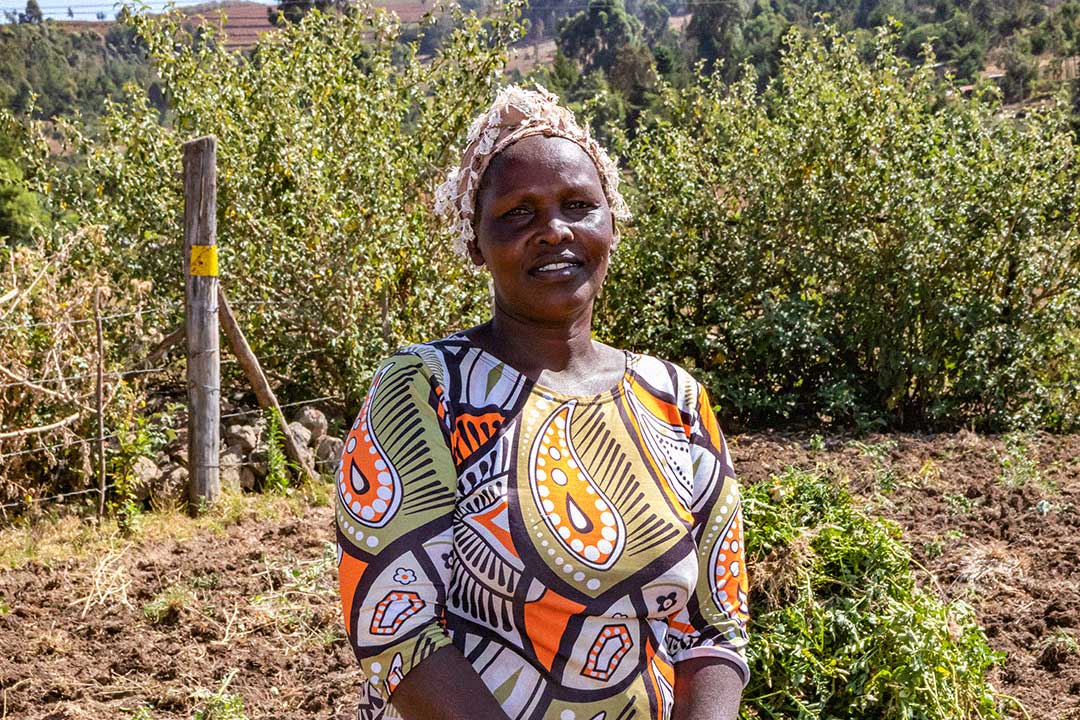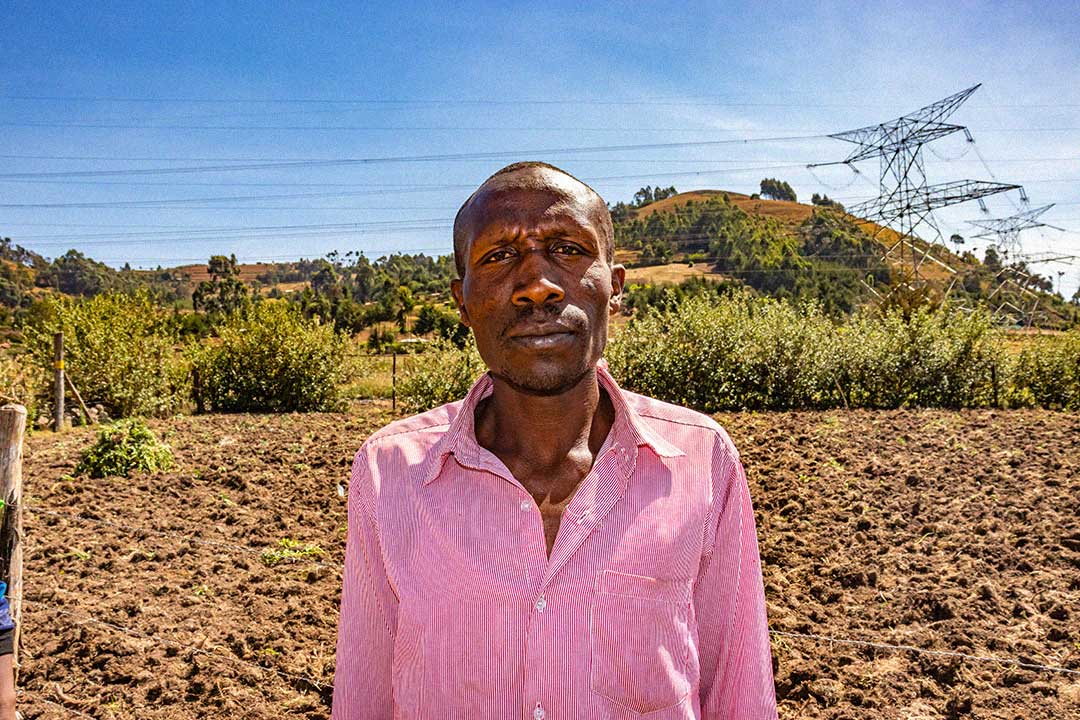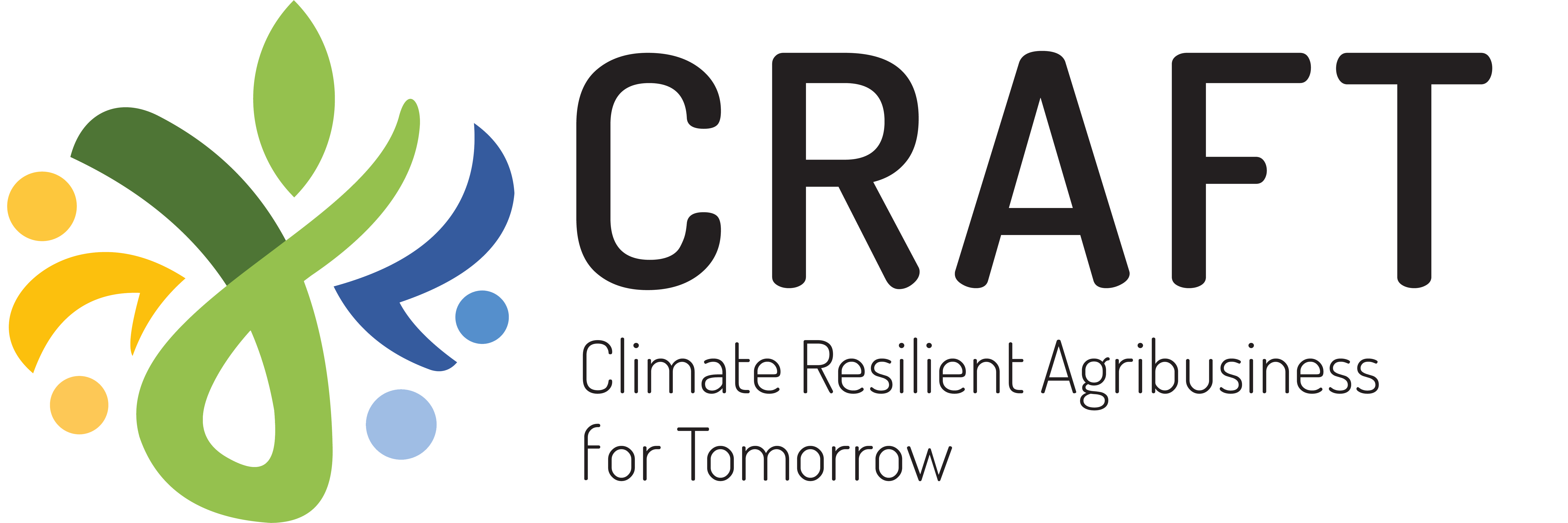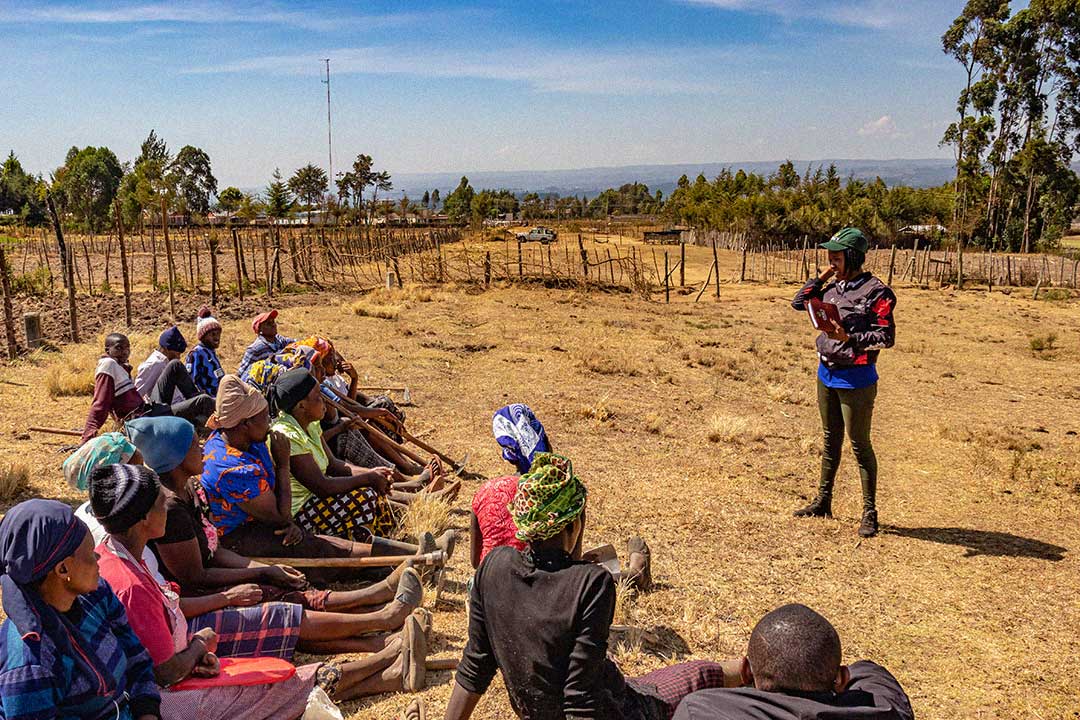The use of such practices is largely driven by the increasing population and the pressure to intensify food production. Unfortunately, this has resulted in negative impacts on soils and biodiversity, thereby affecting crop and animal genetic diversity and welfare, human nutrition, and increasing environmental vulnerability to external shocks such as climate change.
The innovation
To systematically educate smallholder farmers about climate smart agriculture (CSA) and motivate its uptake and substantial use of practices and technologies that can withstand and/or recover from peripheral disruptions, the Climate Agribusiness For Tomorrow (CRAFT) Project has since inception in 2018 supported the setup of demonstration gardens in Kenya, Tanzania and Uganda.
The use of such gardens facilitates self-directed learning that results in both short- and long-term outcomes for participants. These include knowledge gain, increased curiosity, improved skills, problem-solving, behaviour change, increased confidence, and attitude change through ‘learning by doing.’
Extension workers are regularly engaged by the project to provide hands-on learning experiences about proven CSA practises and technologies that have an explicit focus on adaptation to specific climatic stressors, and simultaneously reduce production risks and lower greenhouse gas emissions. Examples include sustainable soil and land management for increased crop productivity, improved water use, and management as well as the use of quality seeds and planting materials of well-adapted crops and varieties.
Other practices promoted in CRAFT’s demo gardens e.g., integrated pest management and sustainable mechanization also prevent soil damage that releases carbon and water into the atmosphere; promote soil and water conservation; and increase productivity.
The impact
The above interventions have helped reduce the agriculture sector’s environmental impact in the three countries, and preserved natural resources for future generations as shared by the project beneficiaries below:

“I was accustomed to the traditional methods of potato farming, but with the ever-changing weather patterns, the use of CSA practices showcased at CRAFT’s demo gardens has proven to be more sustainable in increasing my productivity and protecting the environment,” shares Emily Sitienei, a smallholder farmer currently receiving CSA training under CRAFT and Starlight Farmers’ Cooperative Society’s partnership in Kenya.

‘At one of the demo sites, we were particularly taught about two CSAs i.e., ridging blended with trenches planting that involves opening the land to a depth of 15cm, inserting the seed, covering with soil, and then earthing up at various crop stages, and; ridging blended with surface planting which involves placing the seed on the surface and covering it with soil, followed by subsequent earthing up at various crop stages. From the practical session at one of CRAFT’s demo gardens, it was obvious that both methods are useful depending on the amount of rain in a particular season because when it was normal or above normal, surface planting combined with ridging proved to be the best; while ridge planting blended with trenches was better when the amount of rain was little. This proves with no doubt that CSA delivers sustainable productivity and environmental benefits, and strengthens farmers’ resilience to climate change,” shares another smallholder farmer - Charles Maritimi, engaged by CRAFT through the same cooperative.
-----
The Climate Resilient Agribusiness for Tomorrow (CRAFT) Project is a 5-year Project being implemented in Kenya, Tanzania, and Uganda. The project is implemented by a consortium consisting of SNV (lead partner), Wageningen University & Environmental Research (WUR & WEnR), the CGIAR research programme on Climate Change, Agriculture and Food Security (CCAFS), Agriterra and Rabo Partnerships, and is financed by the Dutch Ministry of Foreign Affairs (DGIS).
The project uses an Inclusive Business Development approach to support the international and national efforts on climate change and sustainable production in arable crop value chains. The project works with and through the private sector and supports public sector partners in creating an institutional environment for large-scale adoption of climate smart practices and technologies. Alignment of efforts and interests of private sector partners such as guaranteed off-take of food crops and economic incentives will form the basis for large-scale adoption of climate smart agricultural (CSA) practices and technologies in combination with de-risking production.










